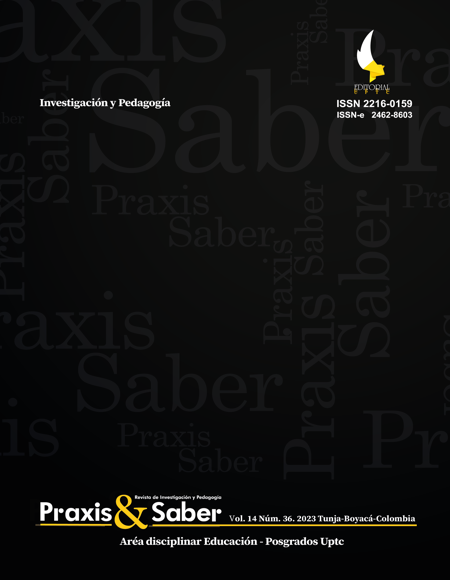Education and Philosophy of popular language. A history of prohibitions, deformations, and inclusions

Abstract
The methodology and the line of argument of the present text respond to a philosophical interest. The crossings with linguistics and gender studies that it contains are not its main objective. In the service of a hermeneutic and critical perspective, some historical sources regarding the prohibition of the lunfardo slang in Argentine radio (1933-1953) are analyzed with the aim of comparing this event with the current prohibition of inclusive language in the schools of the City of Buenos Aires, Argentina. The aim, then, is to delimit the meaning and scope of such bans, to establish their profound differences in a philosophical manner, as well as to make visible the eventual convergence of both censorships in the official attempts to deactivate possible counter-hegemonic linguistic uses.
Keywords
languaje, prohibition, inclusion, deformation, argot
References
- Anderson, B. (1997). Comunidades imaginadas. Fondo de Cultura Económica.
- Cacciari, M. (2001). Geofilosofía de Europa. Alderaban.
- Carozzi, M. (2019). Europa y la transformación del tango: escenas de una narrativa ritualizada. El oído Pensante, 7(2). http://revistascientificas2.filo.uba.ar/index.php/oidopensante/article/view/7558
- Carretero, A. (1964). El compadrito y el tango. Plus Ultra.
- Castillo, S., & Mayo, S. (2019). El lenguaje inclusivo como “norma” de empatía e identidad: Reflexiones entre docentes y futures profesores. Literatura y lingüística, 40, 377–391. https://doi.org/10.29344/0717621x.40.2072 DOI: https://doi.org/10.29344/0717621X.40.2072
- Fraga, E. (2006). La prohibición del lunfardo en la radiodifusión argentina (1933-1953). Lajouane.
- Freud, S. (1991). El chiste y su relación con lo inconsciente. En Obras completas, Volumen VIII. Amorrortu Editores.
- Kusch, R. (1991). Esbozo de una antropología filosófica americana. Castaneda.
- Kusch, R. (2000a). De la mala vida porteña. En Obras Completas, Tomo I (pp. 323-458). Editorial Fundación Ross.
- Kusch, R. (2000b). La seducción de la barbarie. En Obras Completas, Tomo I (pp. 3-297). Editorial Fundación Ross.
- Nietzsche, F. (2015). Sobre la utilidad y el perjuicio de la historia para la vida: [II Intempestiva]. Biblioteca Nueva.
- Roig, A. (2011). Negatividad y Positividad de la ‘barbarie’ en la tradición intelectual argentina. En Rostro y filosofía de nuestra América (pp. 71-100). Una ventana.
- Willams, R. (1980). Dominante, residual y emergente. En Marxismo y literatura (pp. 143-150). Ediciones Península.